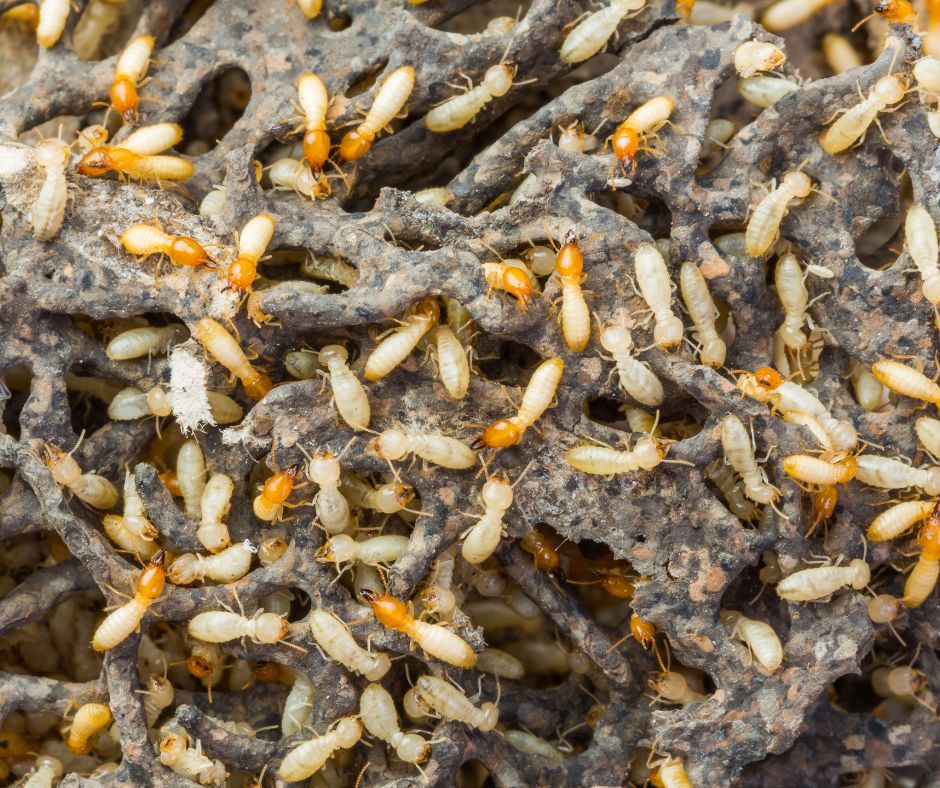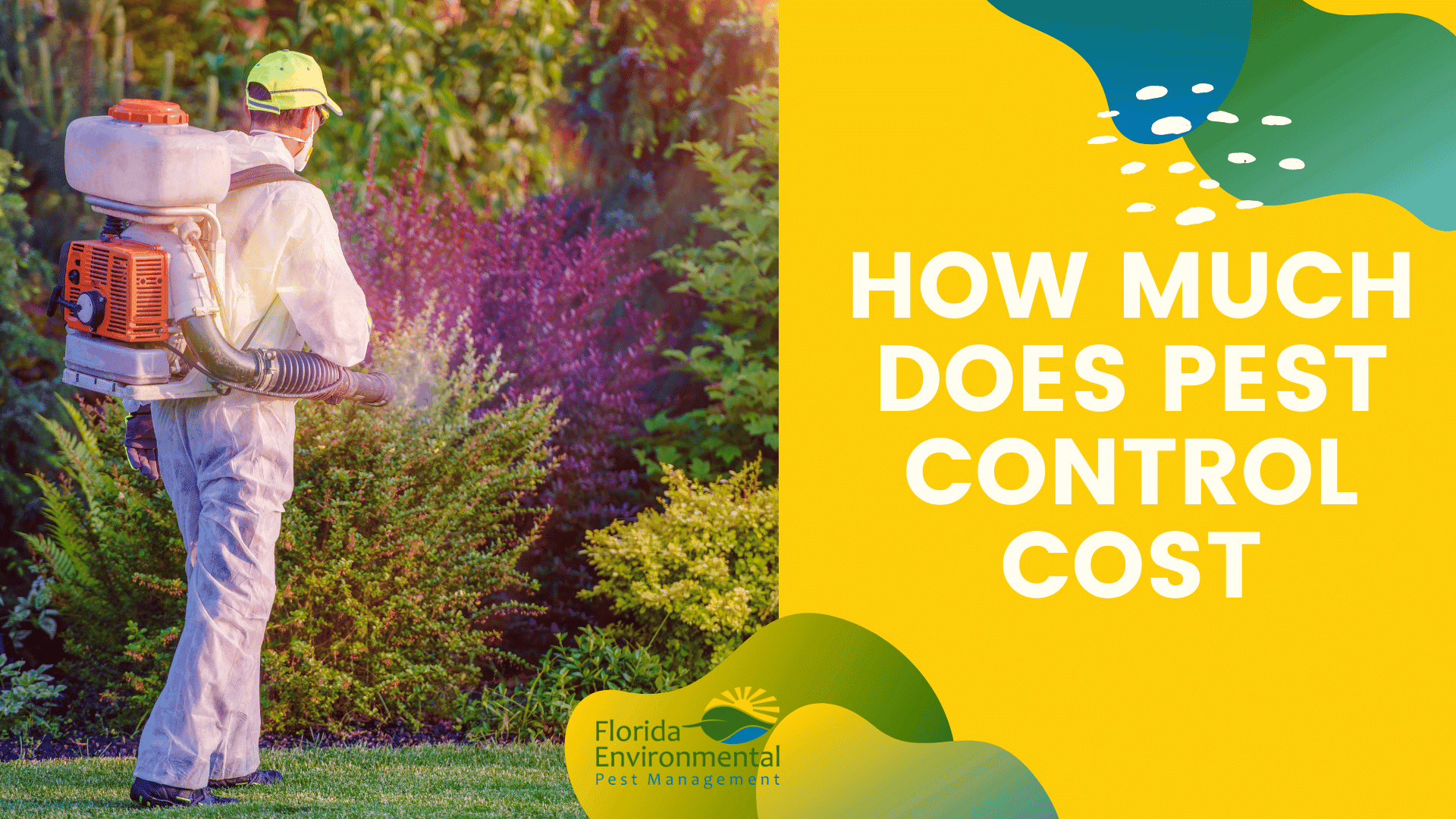Ant Exterminator Near Me: How to Eliminate Ants Swiftly and Efficiently
Wiki Article
Learn More About the most up to date Advances in Insect Control and Just How to Execute Efficient Therapy Solutions
In recent years, the area of parasite control has actually observed substantial improvements, driven by the requirement for effective and sustainable therapy remedies. Cutting-edge techniques such as Integrated Bug Administration (IPM) integrate environmentally friendly practices with cutting-edge modern technology, boosting both effectiveness and environmental responsibility.Eco-Friendly Insect Control Options
In the last few years, the need for green bug control options has actually surged as services and home owners alike seek lasting alternatives to conventional chemical treatments. This shift is driven by growing ecological recognition and a wish to lessen the wellness threats related to synthetic chemicals.

Environment-friendly insect control approaches encompass an array of approaches that focus on using natural materials and techniques. Integrated Insect Monitoring (IPM) is one such method, incorporating biological, cultural, and mechanical tactics to take care of pest populations while minimizing dependence on chemicals (Wildlife removal services). This holistic method highlights avoidance via environment manipulation and the introduction of natural predators, thus promoting a well balanced ecosystem
Another popular option is making use of herb pesticides derived from plants, which often tend to be much less hazardous to non-target organisms. Products like neem oil and diatomaceous earth have acquired grip for their effectiveness in regulating parasites while posing very little threats to human health and the environment.
Additionally, exclusion strategies, such as securing access factors and keeping tidiness, play a vital duty in eco-friendly pest management. By adopting these lasting techniques, companies and individuals can effectively manage parasites while advertising a healthier planet for future generations.
Smart Technology in Parasite Monitoring
Innovation is reshaping the landscape of insect management, with smart technology becoming a crucial force in enhancing performance and efficiency - Wildlife removal services. The integration of Internet of Points (IoT) gadgets, expert system (AI), and data analytics is transforming just how bug control experts approach invasions
Smart traps outfitted with sensors can spot parasite task in real-time, sending instant notifies to drivers. This permits prompt responses, minimizing damage and reducing the need for comprehensive therapies. Additionally, AI formulas analyze historic data to anticipate pest habits, enabling positive interventions based on ecological conditions and problem patterns.
Drones and automated automobiles are also playing a considerable role in insect monitoring, offering airborne assessments of big locations, identifying hotspots, and also dispersing targeted treatments. These innovations not just improve procedures yet also improve safety and security by limiting human exposure to possibly harmful chemicals.
Additionally, mobile applications encourage consumers to keep track of parasite task and access professional suggestions, fostering a collaborative technique to pest monitoring. Overall, the adoption of wise modern technology is establishing a new standard in insect control, highlighting data-driven choices and lasting techniques that ultimately benefit both home owners and professionals alike.
Integrated Pest Management Techniques
Integrated Bug Monitoring (IPM) employs a holistic approach to pest control, incorporating various techniques to effectively manage bug populations while minimizing threats to human health and wellness and the environment. IPM focuses on recognizing the pest life cycle, their natural opponents, and the community in which they prosper.One of the essential elements of IPM is keeping an eye on pest populaces through regular inspections and information collection. This enables the recognition of bug limits, figuring out when intervention is required. Cultural techniques, such as plant turning, cleanliness, and habitat manipulation, are essential in reducing parasite occurrence and promoting plant health.
Mechanical controls, consisting of obstacles and traps, are also essential in IPM. These techniques can physically get rid of or prevent insects without using chemicals. When essential, the sensible application of chemical controls is employed, concentrating on targeted treatments that minimize ecological impact.
Education and learning and partnership amongst stakeholders, consisting of farmers, pest control specialists, and the neighborhood, are crucial for the effective implementation of IPM approaches. By prioritizing lasting methods, IPM not just addresses pest problems but likewise fosters a much healthier ecosystem.
Biological Control Techniques
Numerous organic control methods are progressively recognized for their performance in taking care of pest populaces while promoting eco-friendly balance. These methods harness natural predators, bloodsuckers, and pathogens to minimize pest numbers without relying upon artificial chemicals. The introduction of ladybugs can successfully regulate aphid populations, while nematodes target soil-dwelling bug larvae.In addition, making use of microbial chemicals, such as Bacillus thuringiensis (Bt), gives an environmentally pleasant choice for managing caterpillar insects. These items especially target pest species, lessening injury to advantageous bugs and pollinators. Conservation organic control highlights boosting environments for all-natural adversaries, such as birds and advantageous bugs, consequently motivating their visibility in farming systems.
Study remains to disclose innovative approaches within this field, such as the use of pheromones to disrupt pest mating patterns or the advancement of biocontrol agents through genetic modification. Executing these methods can result in sustainable insect management practices that reduce the reliance on chemical interventions, ultimately fostering much healthier communities. As understanding of these techniques grows, they are becoming integral parts of incorporated bug administration (IPM) techniques, providing a balance in between reliable bug control and environmental stewardship.
Do It Yourself Parasite Control Solutions
As house owners seek efficient means to deal with pest concerns, do it yourself bug control options have gained appeal for their availability and cost-effectiveness. These techniques empower people to attend to invasions using conveniently offered materials and strategies, usually without the requirement for professional treatment.
Additionally, preserving appropriate cleanliness and normal examinations can prevent insect entrance and nesting (Wildlife removal services). Basic methods, such as securing splits, getting rid of food resources, and decluttering, can dramatically lessen pest populations. Traps, both homemade and commercially available, can also offer effective solutions for monitoring and controlling particular insects like rodents or insects

Final Thought
The integration of environment-friendly pest control alternatives, smart modern technology, and ingenious management strategies offers an extensive method to efficient parasite administration. By welcoming Integrated Insect Monitoring (IPM) and utilizing biological control approaches, alongside DIY remedies, liable and sustainable insect control can be attained. These advancements not only boost the efficiency of insect administration methods yet additionally add to a healthier atmosphere. Applying these strategies fosters a balanced environment while properly addressing pest populations.Environmentally friendly insect control methods encompass a range of strategies that prioritize the usage of all-natural materials and methods. Integrated Bug Administration (IPM) is one such method, integrating biological, cultural, and mechanical methods to take care of bug populaces while decreasing reliance on chemicals. As awareness of these strategies expands, they are ending up being essential components of integrated parasite administration (IPM) methods, providing a balance in between efficient insect control and environmental stewardship.
The assimilation of environment-friendly bug control options, clever modern technology, and ingenious management approaches provides an extensive approach to reliable insect management. By welcoming Integrated Insect Management (IPM) and making use of biological Cockroach exterminator Port Charlotte control approaches, together with DIY options, sustainable and liable bug control can be achieved.
Report this wiki page